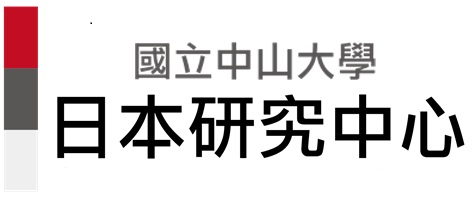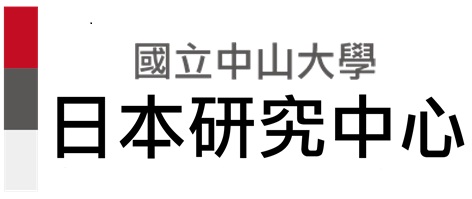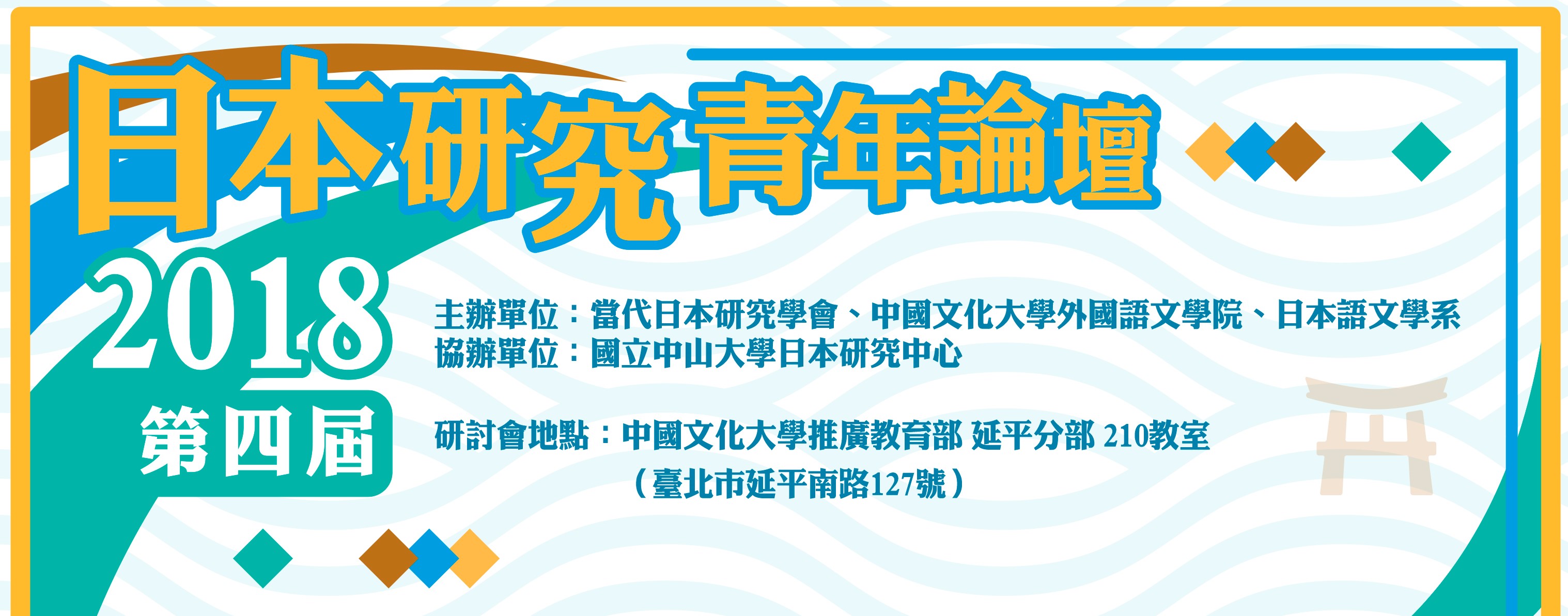Contemporary Japanese Industrial Policy
※ Contemporary Japanese Industrial Policy-Syllabus
This course allows students to understand the importance of industrial policy to a nation’s overall development by introducing the six-decade development of the Asian industrial giant. In addition, it will discuss several basic but yet the most fundamental issues regarding the relations between industry and policy: Is the trajectory of industrial development and evolution linear? Is it predictable and can be planned? What roles should the government play in order to promote industrial development and innovation? And who should lead the process, the bureaucrats, politicians, or big businesses? Moreover, is industrial/technological development market-oriented or policy-oriented? How could a nation fuse these two orientations and allow the development to serve the best interests of a nation as a whole?







